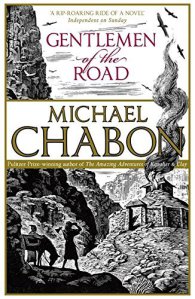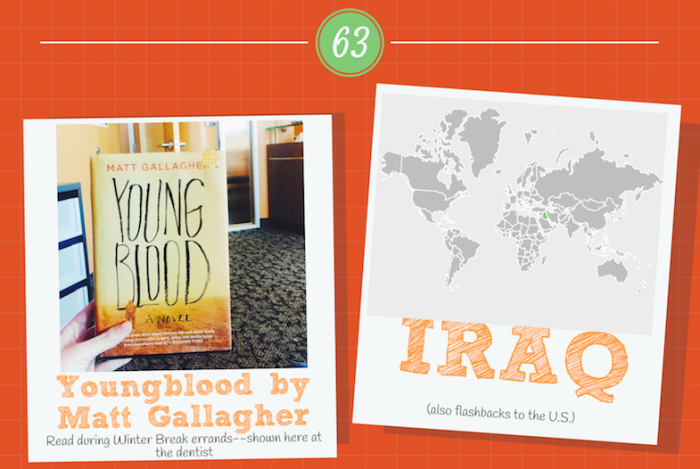
Around this time every year, I stand at the rows of pink and floral and paisley cards, pulling them out, reading the message, stopping at the first line, rarely looking inside. Finally I collect a few and ask Laura, “Which one?”
But the real challenge starts when it comes time to write the personal note. This woman gave me life, raised me to adulthood, continues to be my support, yet I often stare at the vast open space of the card, drawing a complete blank.
I know I’m not alone. We love our mothers, but that doesn’t mean it’s easy to spell it out in strokes. Our first response is to write, “Happy Mother’s Day,” and be done with it. But this year, why not try one or two of these meaningful messages?
1. Thank You— We grow into our gratitude like too big shoes. First it’s clunky and uncomfortable, with our parents hounding us to remember the words at every gift or favor. But eventually we make the words our own. And in more time still, we mean it. It’s a great unfairness that the years a mother spends doing the most are the years a child is most ungrateful. When we start doing the things our mother once did for us—cleaning, cooking, mending, keeping a general balance to life—we’re at once overwhelmed yet, perhaps for the first time, deeply grateful. There will never be a way to thank your mother for everything she’s done for you (though it might not be a bad exercise to try).
“Thanks for keeping the towels clean.”
So instead, find one small thing that your mother did well or faithfully, and make it stand for something greater. For example, I’ve been to houses with towel closets that are empty or in sloppy piles (which works for some people.) But I was accustomed to towers of fluffy linens. And it’s one of the things that I still associate with my mother’s meticulous care. In her Mother’s Day cards, I sometimes write, “Thanks for keeping the towels clean.” And I hope she knows it stands for all the thank yous I don’t have space to write.
2. I’m Sorry— Though I doubt good parents live for the days that their children return penitent for tantrums and tracked mud and mealtime calamity, it does a child good to recognize her trespasses. I sometimes tell my mom “I’m sorry,” but I never feel like I say it enough. Our own memory is kind to us, so I’m not sure I fully grasp what a handful I was. “Was I a bad child?” I’ve asked her. She just smiles and says, “No.” But there’s probably more to the story, and I’m hoping that, by being an upstanding adult and saying “I’m sorry” every so often, I can make some measure of restitution for whatever havoc I wreaked on her life. You might try saying it as well—chances are you’ve got plenty to apologize for.
“Thank you for all you do and all you are.”
3. You Are. . . —I realized a few years ago that I thanked my mother for what she did for me. But I never addressed who she is. She’s a great interior decorator, a masterful baker, a sender of thoughtful packages, a washer of towels, a problem solver. But those things indicate something about who she is. She’s creative, skilled, thoughtful, organized, and indomitable. Make a list of the things your mom does, and beside it identify her corresponding quality. It might even be enough to say, “Thank you for all you do and all you are.”
4. I’m Proud of You— Let’s face it. Mothers are usually the ones doling out this encouragement. But how often do they get it back? It might have been since just after high school graduation, before she got married and had you, since she last heard it. So turn the tables on her. How can you recognize her not just as your mother (which, granted, is probably her proudest accomplishment) but as a person who still has her own life and abilities? (Perhaps call on your list from number 3).
5. You Taught Me— I’m not a mother, but I have been a college teacher (which is a bit like being a mom.) One of the most encouraging and meaningful things that my students ever told me was what they learned from me. So this might seem counterintuitive on Mother’s Day, but talk about yourself. For instance, I might tell my mom, “I decorated my room with my favorite cards that I’ve been given over the years, just like you do. Thanks for teaching me how to be resourceful with my decorations.” In other words, “I am because you are.” You might draw from the list of your mom’s actions and qualities from number 3. Think about which ones you emulate.
“I am because you are.”
6. I Love You— I hope the power of this phrase isn’t overshadowed by its obligatory, familiar nature. You’ll never hear a more empty phrase or a more full one than “I love you.” It’s one thing to write the word “Love” as your signature, but it’s another to intentionally write the words, “I love you, Mom.” Don’t hide behind the vestigial sixth-grade “gee-shucks-it’s-just-my-mom” feelings. Spell it out.
This Sunday, don’t let the card writers do all the talking. Make the opportunity count. Say I’m sorry, say I learned from you, say I’m proud of you—don’t just say Happy Mother’s Day.
Advertisements Share this:




